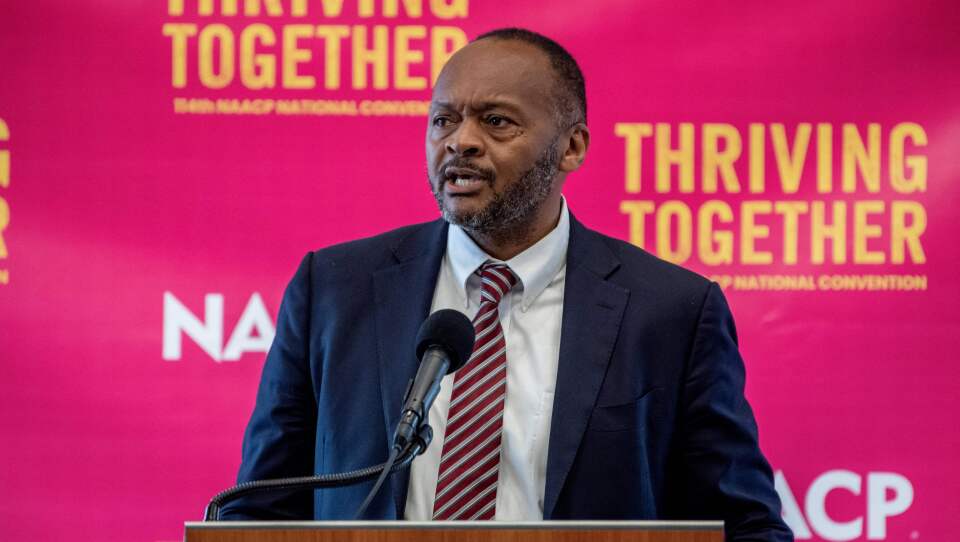“Every American should be revisiting June 19 and celebrating when people were truly considered free in America,” said Michael Curry, a member of the National NAACP Board of Directors on Boston Public Radio.
Juneteenth, the day in 1865 when enslaved people in Texas were finally informed of their freedom, is gaining recognition for its historical significance.
He emphasized the overlooked reality that not all Americans were free when the nation declared its independence in 1776. “People who I am the descendant of were not free. Slaves were not free in 1776, and would not gain freedom for many, many years later.”
Curry imagined the moment in 1865 when enslaved people in Texas were finally informed of their freedom. “A quantum leap back to 1865, and you are a slave in Texas and this colonel shows up and tells you you’re free.”
“We need to make sure that we’re acknowledging that America was not a free place for slaves,” Curry stated.
He questioned what date truly signifies American independence. “Is the real Independence Day in 1776? Is it 1863 with the Emancipation Proclamation? Or is it 1865 with Juneteenth?”
For Curry, June 19, 1865 represents the fulfillment of America’s promises of liberty and justice for the enslaved. “They could do all these things that America promised to others and denied for them,” he said.
Curry also challenged the traditional celebration of American independence. “Society wants me to celebrate 1776,” said Curry. “You, white America, should also equally celebrate 1865.”
In today’s Boston, Curry said there are still evident racial disparities, as seen in comparing Nubian Square to Beacon Hill. “Not just the 23 year life expectancy difference, but the difference in the quality of life.”
“We’re still dealing with the vestiges of those inequities in society today.”





